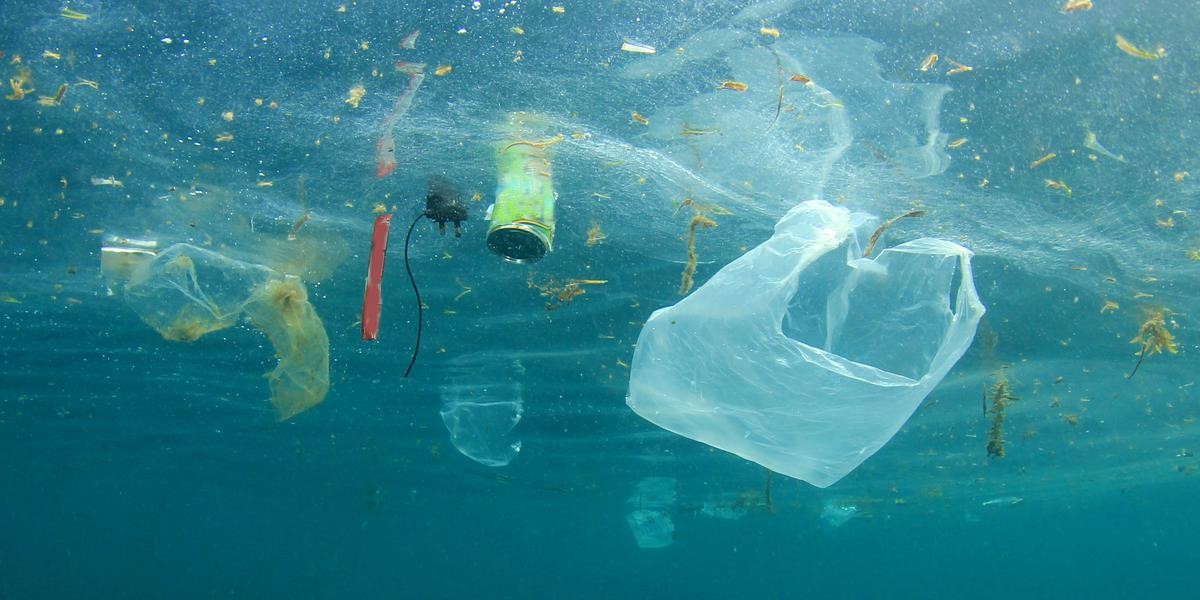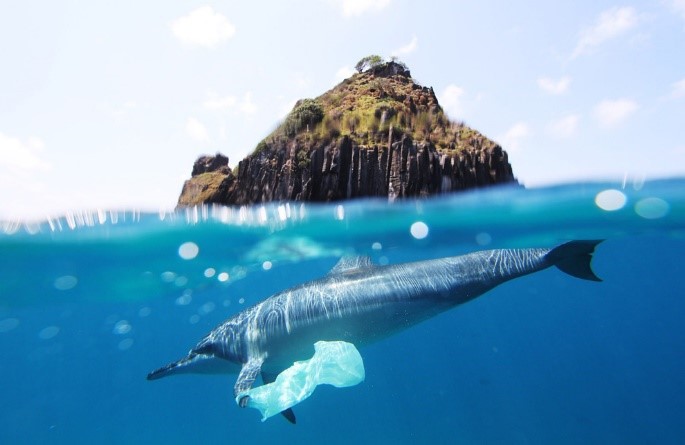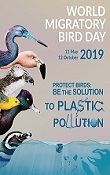World Oceans Day
World Oceans Day
The oceans are the heart of the planet. Water covers more than two-thirds of the earth’s surface providing most of the oxygen we breathe. It is our duty and global responsibility to save the oceans and the creatures living in it.
World Oceans Day is celebrated every year on 8 June to save the equilibrium of water and lives on the earth. It was officially started in 2008 by the United Nations General Assembly to resolve ocean issues and save ocean water.
 Why World Oceans Day is celebrated?
Why World Oceans Day is celebrated?World Oceans Day is an opportunity to raise global awareness and highlight the challenges faced by the oceans and marine ecosystem. The world’s oceans play a key role, as they are the lungs of the planet earth, providing most of the oxygen living organisms breathe. Thus, it is a major responsibility of all human beings to save oceans and marine life from the dangers of pollution and global warming.
Importance of oceans
Produces more oxygen: Rainforests are only responsible for 28% of the oxygen on the earth whereas oceans are responsible for the 70% of oxygen available for living beings.
Oceans regulate the earth climate: Oceans soak up the heat and transport warm water from the equator to the poles and cold water from the poles to the tropics. Without these currents, weather would have been extremely unfavourable for living beings.
Life-support to many creatures: It is home to many creatures such as whales, fishes, turtle, etc. There are more than 300,000 different species which highly depend on oceans for life.
Recreation: Oceans provide livelihood, recreation, beauty to billions of people around the world.
Provides job: The oceans provide jobs to fishermen, lifeguards, marine-based tour operators, holiday accommodations and sailors.
 Stop ocean plastic - In addition to our responsibility to protect and preserve animals, plants and birds who make oceans their home, it is also our prime duty to discard the use of harmful products such as plastic to protect our oceans.
Stop ocean plastic - In addition to our responsibility to protect and preserve animals, plants and birds who make oceans their home, it is also our prime duty to discard the use of harmful products such as plastic to protect our oceans.Almost 80% of pollution in the oceans come from people. Every year, around eight million tonnes of plastics ends up in ocean. Due to this, around one million seabirds and almost 100,000 marine animals’ life are affected.
Plastics are mostly dumped into oceans as garbage which disrupts the entire bio-geo cycle causing unwanted problems to the whole marine eco-system. Plastic threatens the existence of life under water right from small fishes to huge mammals and amphibians.
It also causes health problems such as intestinal injury and death of fishes if consumed. Further, it also spread the risk across food chain to bigger fish and marine animals. Apart from sea fishes, if plastic is consumed by any sea animal, it leads to blockage in the gut and ulceration and eventually results into their death.
The amount of plastic garbage is not limited to polluting marine species, but it also pollutes the oceanic waters. The toxic substance such as ‘bisphenol A’ does not dilute in water and pollutes the water badly resulting into low levels of oxygen in the waters. Due to low level of oxygen in water, it affects marine lives.
 Plastic in the seas and oceans is the result of human activities. With the increase of population, the annual consumption of plastic has also increased drastically impacting environment negatively.
Plastic in the seas and oceans is the result of human activities. With the increase of population, the annual consumption of plastic has also increased drastically impacting environment negatively. The key to prevent this complex problem is to educate students about the importance of oceans and how the lives of several marine species are dependent on oceans and seas. Here are some of the ways by which teachers can encourage their students to reduce the usage of plastic:
-
Conduct a seminar or discussion on why oceans are important, and how plastics are polluting it.
-
Encourage students to reduce the usage of plastic such as straw, plastic cups, etc., which is harmful for the environment.
-
Schools can host field trips to a local aquarium or zoo and explaining about the importance and life of marine beings and ecosystems.
Plastic pollution is a major threat to our oceans and the planet, so let us all come together to protect it and promote a healthy ecosystem.





















